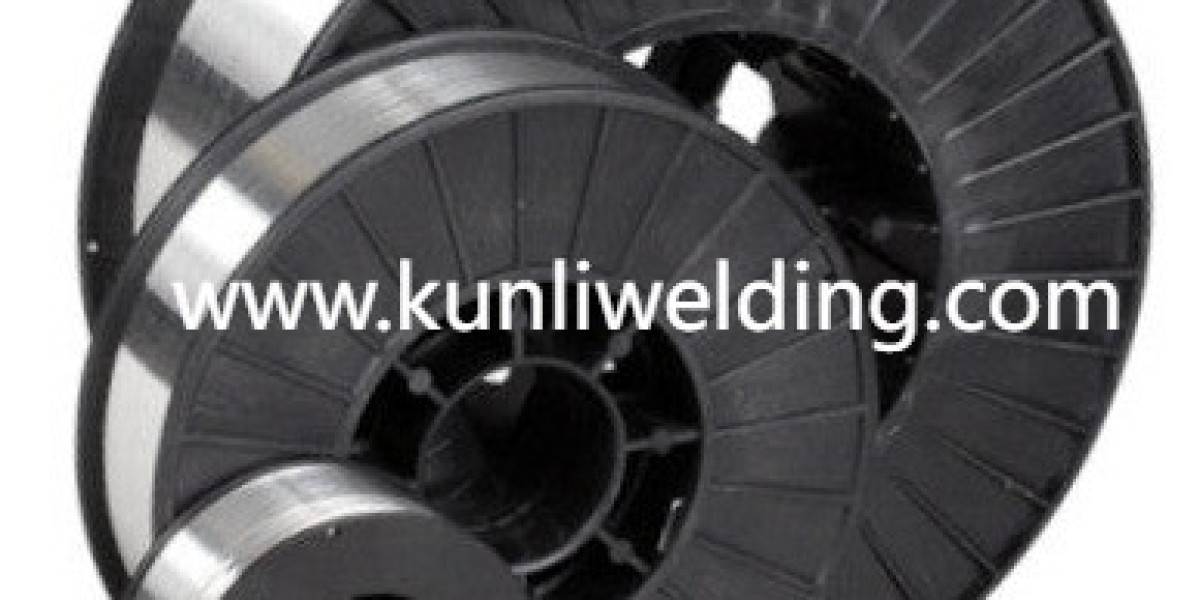KPV Peptide: A Breakthrough for Inflammation, Immunity, and Gut Health
The KPV peptide is a short tripeptide consisting of the amino acids lysine (K), proline (P) and valine (V). Despite its simplicity, this sequence has been shown to interfere with several pro-inflammatory signaling cascades. In models of inflammatory bowel disease it reduces the recruitment of neutrophils to the intestinal mucosa, limits cytokine production such as tumor necrosis factor alpha and interleukin six, and preserves epithelial barrier integrity. Because chronic inflammation underlies many autoimmune diseases – from rheumatoid arthritis to psoriasis – KPV’s anti-inflammatory effects have been investigated in a variety of preclinical settings. In addition, the peptide has shown immunomodulatory properties by promoting regulatory T cell activity and dampening excessive Th1/Th17 responses. These dual actions on inflammation and immunity explain why KPV is being considered as an adjunct or alternative to traditional non-steroidal anti-inflammatory drugs and biologics.
What Is KPV?
KPV is derived from the C-terminal fragment of proenkephalin, a natural opioid precursor. Unlike full-length opioids, KPV does not bind to classic mu or delta receptors; instead it interacts with specific cell surface proteins that modulate inflammatory signaling. The peptide’s small size facilitates rapid diffusion across tissues and allows for multiple routes of administration – topical creams, oral formulations, or even inhaled aerosols in respiratory disease models. In vitro studies have shown that KPV can displace pro-inflammatory mediators from their receptors on macrophages and neutrophils, thereby reducing the release of reactive oxygen species and proteases that damage tissue. Importantly, KPV has a short half-life in circulation, which limits systemic exposure and reduces the risk of off-target effects.
Expert Favorites
Many leading scientists have highlighted KPV as one of their preferred tools for studying inflammation. Dr. Maria Sanchez from the University of Cambridge notes that "KPV’s ability to selectively inhibit NF-kB activation without suppressing innate immunity makes it ideal for chronic disease models." In a recent review, Dr. Thomas Lee described KPV as "a versatile peptide that can be conjugated with nanocarriers to achieve targeted delivery to inflamed joints in arthritis patients." Clinical researchers are also excited about its potential; preliminary phase-I trials involving oral KPV tablets have reported tolerability and a favorable safety profile in healthy volunteers, paving the way for larger studies in inflammatory bowel disease.
In summary, KPV peptide represents a novel class of anti-inflammatory agents that combines potency with a low side-effect burden. Its role in modulating immune responses while protecting gut barrier function positions it as a promising candidate for https://a-taxi.com.ua/ treating a wide range of chronic inflammatory conditions.







